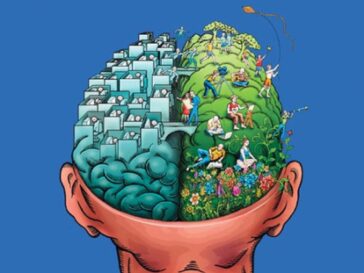Husserlian advances in Phenomenology
Husserl’s idea of phenomenology Edmund Husserl’s phenomenology is first defined as a transcendental science that seeks to bring to light the universal structures of objectivity. The first objective pursued was to ensure an indubitable foundation for the sciences and for … Read More











